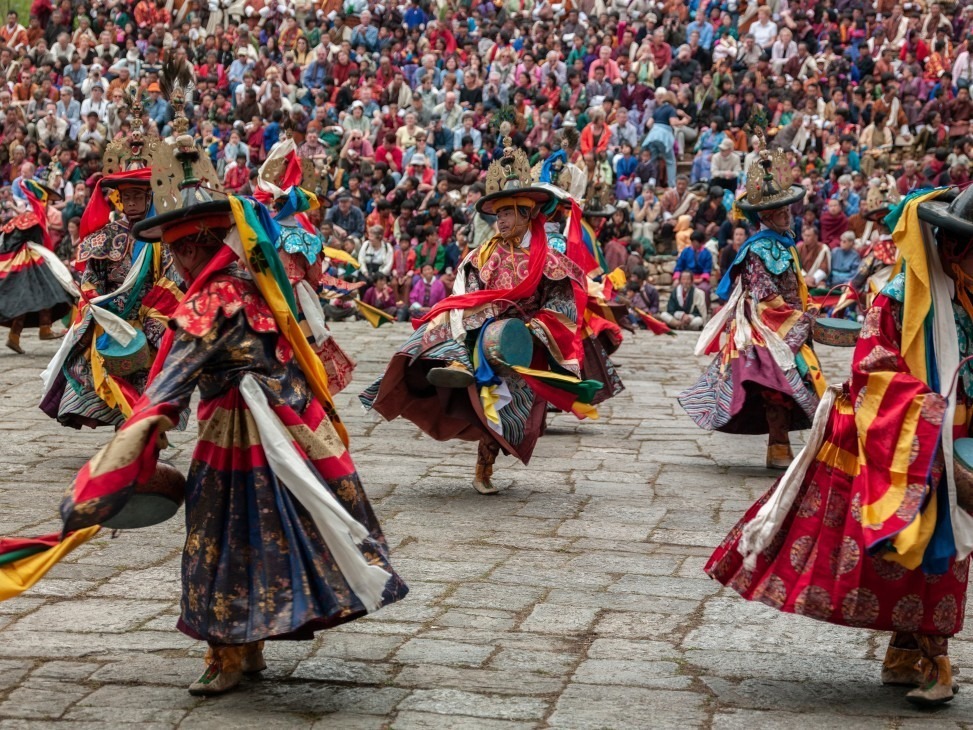Every traveler visiting Bhutan will be required to pay a daily bundle tariff rate within the next five years, regardless of nationality & citizenship. The Tourism Council of Bhutan (TCB) prepares to fast track achievement of the High Value, Low Volume policy. According to the plan, the government will aim towards a single tourism policy system by 2030.
TCB plans to achieve this through Bhutan‘s new Tourism Policy, which was accepted by the Cabinet recently approved. The Tourism Policy of Bhutan 2021 is the very first recorded tourism policy for Bhutan. It will be directed by the existing policy of High-Value Low Volume to ensure sustainable and high-quality tourism in Bhutan.
According to the TCB, presently, Bhutan’s tourism sector cannot live up to the vision of a High-Quality Low volume policy mostly because visitors are categorized into two standards- international and regional travelers. Regional tourists are those from Bangladesh, India, and the Maldives. International visitors are from the rest of the world.
While the international vacationers pay a minimum daily tariff rate varying from USD 200 to USD 250, regional vacationers are exempted from paying this rate. They only pay a sustainable Development Fee of Nu 1,200 daily. As a result, more regional tourists visited Bhutan in the past years. According to the TCB, of the 315,000 site visitors in 2019, regional travelers constituted close to 78 percent.
“Why we are doing this is because currently, it looks like we are differentiating regional & International tourists, due to the fact that those travelers who are paying USD 200 to USD 250 daily appear to be getting VIP treatment. They have a personal guide; chauffeur, SUV, three-star ranked accommodation. So everything is made sure in a VIP style whereas our visitors from the regional countries do not get this sort of treatment because they are not paying such mandatory daily tariffs. They are literally on their own. As a GNH nation, we have to treat everyone the same. To offer the same treatment, we will like them to pay the same daily Tariff,” said Dorji Dhradhul, the Director-General of the TCB.
Besides, the policy plans to deal with various other concerns such as congestion at traveler sites, enhanced vehicle movement as well as security of unguided travelers, growing waste, and setting regulations to manage travelers.
With the Tourism Policy, TCB intends to expand tourist sites and attractions and hiking, scenic tours, and make Bhutan a year-round traveling destination. Presently, tourism in Bhutan is seasonal. Most visit Bhutan during April, May, October and drops to around 4 percent of the overall arrivals during the rest of the year.

